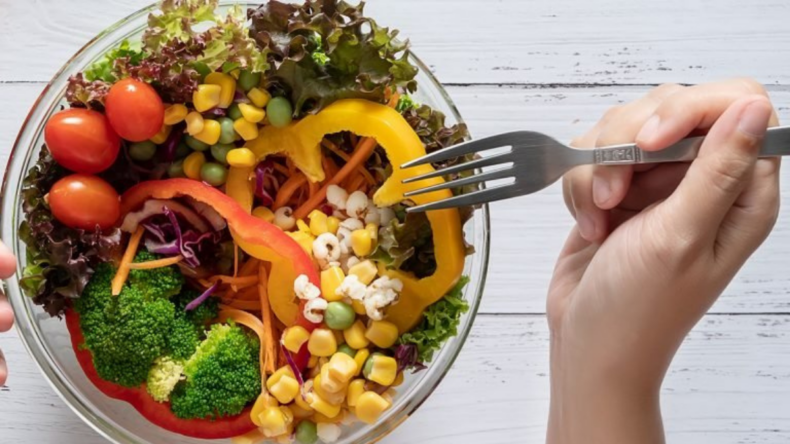Healthy foods offer you the nutrients you need to maintain your body’s health and energy levels. The major components that make up a healthy, balanced diet include water, carbs, fat, protein, vitamins, and minerals. Even if on a diet, no one likes eating the same thing every day. As a result, doctors say it’s OK to indulge in cheat meals occasionally.

Cheat meals are pre-planned meals that include foods that you wouldn’t normally eat on your diet.
A cheat day is when you permit yourself to eat whatever you want for the entire day. But, while keeping to a strict eating schedule is recommended, how can one strike a balance between cheat meals and avoiding overeating or overindulging?
There are some simple and efficient strategies to balance your cheat meals so that you don’t feel bad later
- Fasting is the First Step
Fasting for sixteen hours after a cheat meal is an efficient approach to interrupt the hunger cycle and regain discipline.

During fasting periods, you consume very little or nothing at all. The most often utilised methods are as follows: The 16/8 is a 16-note scale.
The approach is as follows: Skipping breakfast and limiting your daily eating period to 8 hours, such as 1–9 p.m., is known as the Produces a high programme. After that, you fast for 16 hours.
- Vegetables and Protein
Choose a high-protein, high-vegetable diet the day after your splurge day to keep your insulin from soaring.
Vitamins, minerals, and plant compounds are abundant in fruits and vegetables, and they’re also high in fibre diet high in fruits and vegetables can aid in weight loss.
A fruits and vegetables rich diet can help you lose weight. You lose weight; you avoid cancer, diabetes, and cardiovascular disease. For good health, eat five different kinds of vegetables and two different kinds of fruits every day.
- A Diet that is Low in Calories
To balance your cheat meals, choose a low-calorie, high-fibre item. Fibre will fill your stomach and keep it full.
Psyllium husk can be used in meal preparation or consumed with water before meals. On a low-calorie diet, you should consume between 800 and 1,500 calories each day.
A very low-calorie diet is an option for some people who want to lose weight quickly. Many very low-calorie diets are 800-calorie or less professionally prepared formulae that replace all your normally eat.
- Lose Weight via Burning Calories
Returning to your regular schedule after a cheat-meal day means not skipping your workout. If you are not working out, a 60-minute walk will be beneficial.

To lose weight, you must expend more calories than you consume each day, regardless of the type of diet you follow.
Cutting roughly 500 calories per day is an excellent place to start for most overweight persons. You should shed around a pound (450 g) per week if you can eat 500 fewer calories per day.
- Stay Hydrated
High salt and sugary foods make up cheat meals, and these pollutants must be removed from your body. It is necessary to consume at least 2-2.5 litres of water per day.
It is essential to drink at least 2-2.5 litres of water per day. The majority of healthy people can keep themselves hydrated by drinking water and other fluids whenever they are thirsty.
Less than eight glasses may be sufficient for different folks, and others may require more than eight glasses per day. There are other possibilities. While pure water is the best way to stay hydrated, other beverages and snacks can also assist.













